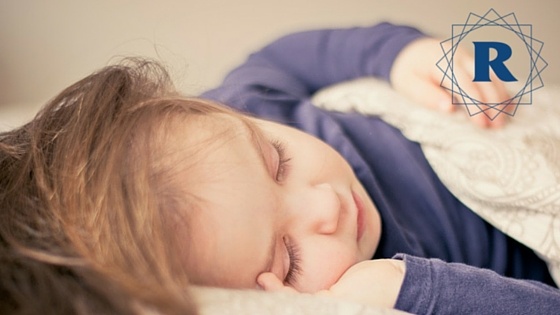Did you know that 60 percent of Americans between the ages of 13 and 64 say that they experience problems sleeping every night? According to the 2011 Sleep in America ® survey, most adults sleep for less than 6 hours on weeknights, and even less on weekends. This can cause memory fogginess, lack of concentration, increased risk for heart disease and diabetes, and an inability to perform well at work or school. Because insomnia is a national epidemic, Ryan Homes at Brunswick Crossing is giving you the ultimate guide to the best night’s sleep of your life:
-
Go to sleep and get up at the same time every day, even on weekends. By sticking to a consistent sleep-wake schedule, your body’s internal clock will optimize the quality of your sleep.
-
Don’t sleep in. As much as you want to catch up on some missed Z’s, hitting snooze disrupts your body’s internal clock and produces jetlag-like symptoms.
-
Nap smartly. This means taking 15 to 20 minute power naps, instead wasting the afternoon in bed. However, if you have chronic insomnia, eliminate the napping habit altogether. It’ll make things worse.
-
Do not look at a screen within 2 hours of your bedtime. LCD screens mess with your body’s natural rhythms, so turn off the late-night talk shows and silent your phone.
-
Make the room dark as possible by using a sleep mask, covering up electronics, and purchasing heavy curtains.
-
Exercise vigorously during the day. Even 10 minutes of walking will improve your sleep quality and speed up your metabolism. However, don’t exercise within 3 to 4 hours of your bedtime, unless it’s low-impact like yoga or gentle stretching.
-
Eliminate caffeine after lunch. Caffeine can remain in your system for 10 to 12 hours after consuming it.
-
Avoid alcohol before bed. It may help you fall asleep, but it will interfere with the quality of sleep once you’re in the sleep cycle.
-
Manage your time responsibly during the day, so you don’t think about work, relationships, and other stressors when you're trying to fall asleep.
-
Keep your room cool. It should be about 65 degrees Fahrenheit with adequate ventilation.
-
Reserve your bed for sleep and intimacy. If you begin answering emails, watching TV, or surfing the Internet, your bed will become associated with stress. This will make it harder to wind down at night.
-
Try to think about relaxing instead of sleeping. Because you’re not going to fall asleep instantly, think about winding down instead then your body will naturally go into REM.
-
Quit smoking. It disrupts your natural breathing patterns, which can stop you from getting a good night’s sleep.
-
Have your doctor check on your medications. Typically beta-blockers (for high blood pressure) and antidepressants cause insomnia. Take all of your prescribed medications to a medical professional to see if anything’s accidentally disrupting your sleep.
-
Create a bedtime ritual. Prep lunch for tomorrow, take care of personal hygiene, read for 20 minutes, and begin deep breathing with a sleep mask. You’ll be out like a light.
-
Turn on a sound machine that creates white noise. This can help you tune out any outside distractions, so you can fall asleep and stay asleep.
-
Make sure you have enough room in your bed. Your bed could be too small, or a furry friend could take up too much room. It may even be your partner or your child sneaking into your sleep space. Whatever the case, make sure you have room to stretch out.
-
Block your clock. Whether it’s on your phone or a traditional alarm clock, cover it up. It'll prevent you from wanting to check it in the middle of the night.
-
Don’t drink too much water before bed. It’ll result in midnight bathroom trips.
-
Get out of bed if you really can’t sleep. Laying there, wondering why you can’t fall asleep will stress you out even more. Get up and do something that’ll relax you, so you can nod off. Try a hot bath or aromatherapy.
-
Get sunlight first thing in the morning. Natural light will help reset your body’s natural clock, so it knows when the sun goes down, so does your head onto a pillow.



